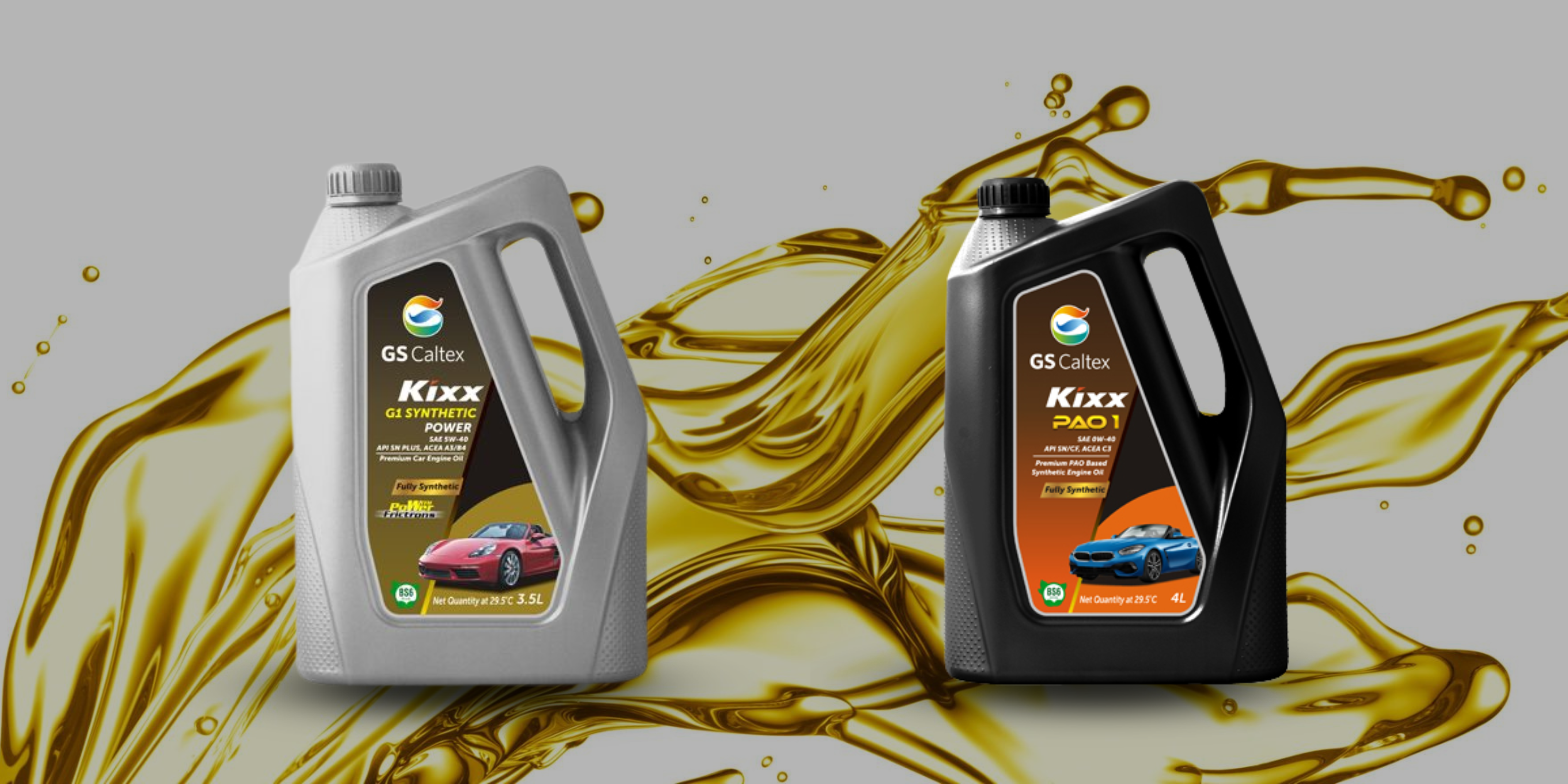
What are the differences between synthetic and mineral engine oils, and which is best for you? Many car owners have probably thought about it before. It can become very perplexing with so many justifications for either choice. Learning the differences yourself and weighing the advantages and disadvantages of the two engine oil types is the best way to decide. Let's investigate the differences between mineral and synthetic engine oil.
Misconceptions about Mineral Oils
Many people believe that additive content determines whether synthetic or mineral engine oils differ from one another. However, 80 to 90% base oil makes up both synthetic and mineral engine oils, which also contain performance-enhancing additives for wear, oxidation, and friction.
What criteria are used to categorize synthetic and mineral engine oils, then? Which oil was used to make it the key to the solution? A mineral oil is one that has been refined from crude oil and used as the base oil. However, synthetic engine oil is defined as base oil if it is produced artificially through chemical synthesis. Therefore, whether an engine oil is considered mineral or synthetic depends on how the base oil was made, not how many additives were added.
Is high-quality engine oil always beneficial?
The quality of engine oils differs greatly depending on the characteristics of the base oil, which makes up 80 to 90% of all engine oil. Because of this, many drivers think it is preferable to use a more sophisticated synthetic product to protect the car's engine and withstand the harshest conditions. Mineral engine oils also have their own unique advantages, despite the fact that synthetic oil has many advantages over mineral oil. Find out what by contrasting the two engine oils.
From A to Z, Mineral Oils
How Mineral Oils Are Made
Heavy crude oil is refined into petroleum products like gasoline and diesel as a secondary product, and mineral oils are the lubricating base oil that results from this process.
Paraffinic, naphthenic, and aromatic oils are the three main ingredients in mineral oils. Because it has a lubricant-containing chemical structure and is chemically stable, similar to paraffin used to make candles, paraffinic oil can be used as the base for ludicrous substances.
Because of their double covalent bonds, naphthenic and aromatic oils are well soluble. Naphthenic and aromatic oils, however, are susceptible to oxidation due to their chemical instability and heat reaction. Fewer products that use those oils are still produced as a result.
A to Z in Synthetic Oil
Intended for Performance
As its name suggests, synthetic oil is a synthetic base oil that was developed in laboratories to improve lubricity while addressing mineral oil's chemical and thermal instability. The main components of the base oils used in many synthetic engine oils today are paraffinic and olefinic oils, and they are made with little to no naphthenic or aromatic oils.
Synthetic oil has a higher viscosity level at high temperatures, is chemically very stable, and produces little sludge. Synthetic oils offer better engine protection while requiring fewer changes. However, synthetic oil requires more additives to make it more soluble and has a more expensive manufacturing process.
Mineral Engine Oil: Low-Cost Manufacturing
Due to the lack of chemical and thermal stability in mineral oil, viscosity is reduced after extended periods of driving. Sludge and impurities from the thermal oxidation reaction can be introduced by using mineral engine oil excessively. It can ultimately result in louder, more unstable engine performance and lower fuel economy.
Mineral oil has the benefit of being relatively less expensive than synthetic engine oil, but it necessitates more frequent oil changes. However, thanks to advanced technology, recently produced oils have overcome many of the drawbacks of mineral oil, and the gap between natural and synthetic engine oil is closing.
Longer-Lasting but More Expensive Synthetic Engine Oil
Better thermal performance is achieved even when driving over long distances or for extended periods of time, thanks to synthetic engine oil's excellent chemical and thermal stability. This enhances both engine life and driving performance. Synthetic engine oil also has the advantage of lasting longer and requiring fewer oil changes.
Cost or Performance?
Synthetic engine oil lasts longer but costs more, whereas mineral oil is less expensive but needs more frequent oil changes. Which one is your favourite? Opportunity cost is one more factor to take into account. Remember that changing the oil in an engine takes time and effort.